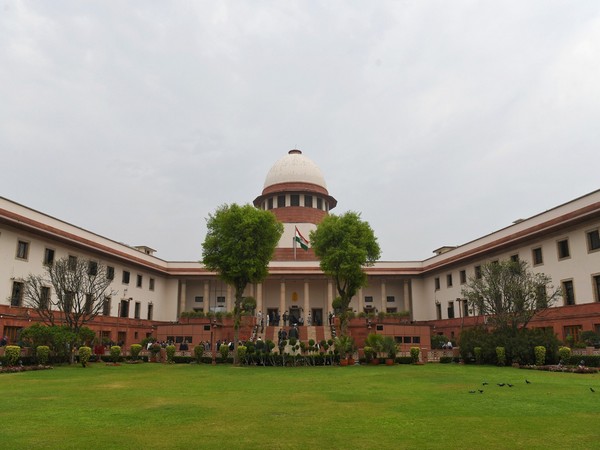Supreme Court Poised for Landmark Decision on Demolition Guidelines Across India
The Supreme Court is set to announce a crucial decision on guidelines for demolishing properties in India. The verdict, expected from Justices BR Gavai and KV Vishwanathan, aims to ensure public safety while addressing concerns about misuse of municipal laws and extra-legal demolitions impacting minority communities.

- Country:
- India
The Supreme Court is gearing up to deliver a key ruling on Wednesday, formulating nationwide guidelines concerning the demolition of properties. Justices BR Gavai and KV Vishwanathan will preside over this landmark judgement.
The decision follows a reserved order from October 1, after protracted hearings. The court had meanwhile extended an interim order preventing property demolitions without approval. This order, however, excludes unauthorized constructions, such as religious structures on public roads and footpaths, emphasizing public safety over religious or personal interests.
During the hearings, the Supreme Court emphasized India's secular ethos, affirming that its directives will apply uniformly across all religions. Demolitions cannot be based solely on accusations or convictions, focusing instead on preventing the misuse of municipal laws. The court voiced concerns about selective enforcement against unauthorized structures, underscoring the need for consistent application of laws, irrespective of faith.
It also proposed differentiated legal frameworks for municipal corporations and nagar panchayats, along with an online portal for public awareness. Previously, the court's interim order halted property demolitions nationwide, pending further instructions, but excluded unauthorized public structures.
The proceedings respond to petitions challenging the authorities' bulldozer practices, particularly their impact on minority communities. The plea calls for legal compliance in demolition activities and stringent actions against officials conducting unlawful demolitions, reinforcing the demand for fair treatment irrespective of an individual's background.
(With inputs from agencies.)










